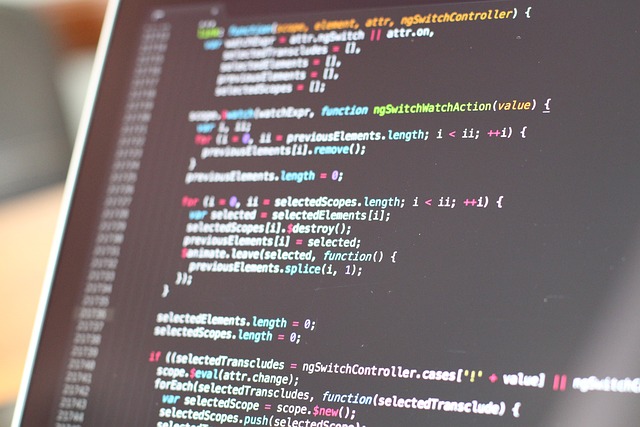
Clean code is an important concept in software development that focuses on making code more readable and maintainable. There are various theories and principles for writing clean code. In general, there are the following theories of clean code:
Therefore, you should familiarize yourself with the theories of clean code and try to apply them in your writing. This will help you develop more efficient and reliable software.
- Don’t Repeat Yourself (DRY): The principle of avoiding duplicate code and making code more reusable.
- KISS (Keep It Simple, Stupid): A principle for writing code that is concise and simple, minimizing unnecessary complexity.
- YAGNI (You Ain’t Gonna Need It): The principle of not writing unnecessary features or code, so you don’t implement something up front that you don’t need.
- SOLID principles: A set of five principles of object-oriented design.
- Single Responsibility Principle (SRP): A class should have only one responsibility.
- Open/Closed Principle (OCP): It should be open to extension and closed to modification.
- Liskov Substitution Principle (LSP): A child class should be able to substitute for the role of its parent class.
- Interface Segregation Principle (ISP): Clients should not depend on interfaces they do not use.
- Dependency Inversion Principle (DIP): You should rely on abstractions, not materializations.
- Naming of functions and variables: Use meaningful names to clearly express the purpose and role of functions and variables.
- Proper use of comments: Use comments to explain the intent and behavior of your code, and add explanations for complex parts or important decisions.
- Code formatting: Maintain consistent code formatting to improve readability and maintain consistency in your code.
- Write testable code: Support unit tests and write code that is modularized and has fewer dependencies.
By applying these theories to write clean code, you can develop code that is more maintainable and collaborative.
Additionally, writing clean code is very important because code requires constant maintenance and upgrades.
Also, if you’re sharing your code with other developers, it’s important that your code is readable, and it’s also useful for future code modifications and upgrades. Well-organized, clean code plays a very important role in addressing these issues and making your code more readable and maintainable.